when should antiseptics be used
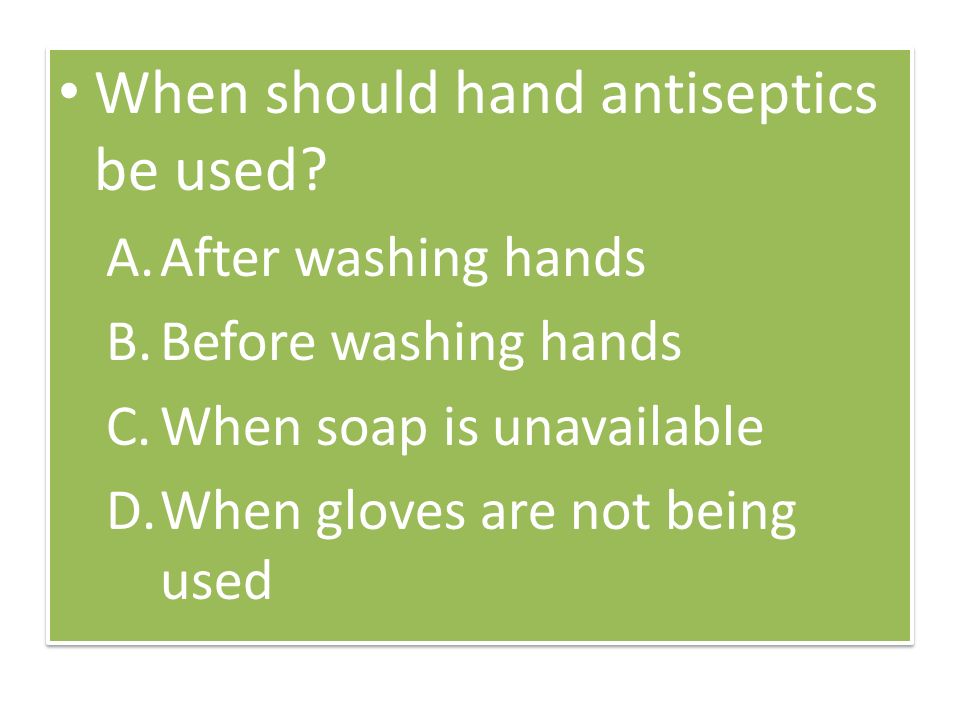 When they have a foodborne illness - ppt download
When they have a foodborne illness - ppt downloadWhat to know about antiseptics Antiseptics, or skin disinfectants, are chemicals to clean the skin and wounds. They can kill or prevent the growth of microorganisms. Although antiseptics can be very useful, there are some questions about your safety for topical use, especially in the long term. Continue reading for more information on antiseptics, including available types, their uses and current security concerns. Antiseptics are chemicals that people apply to the skin. They can reduce the number of microorganisms living in the skin, wounds and mucous membranes. Different types of antiseptics vary in cost, effectiveness, uses and potential side effects. Health workers often use antiseptics before performing medical procedures, such as blood drawing and surgery. Antiseptics are also available at the counter for cleaning and treating minor cuts. Some can also be suitable as a substitute for soap. People can use antiseptics to clean areas of broken skin, intact areas of skin and mucous membranes. Disinfectants, antibacterials, and have similar but slightly different purposes. The following sections will outline these differences in greater detail. Antiseptic disinfectants People use antiseptics, such as peroxides, to kill microorganisms in the skin and mucous membranes. While antiseptics destroy certain germs in the skin, disinfectants can remove them from objects. Disinfectants and antiseptics are manufactured with both chemicals. In fact, they often share similar active ingredients. However, disinfectants tend to have higher concentrations, which are not suitable for use in the skin or mucous membranes. Antibacterial vs. antiseptics Antibacterials are also chemicals that people can use to clean areas of the skin. Jumps and sprays usually contain antibacterials. Antibacterial aerosols are effective in killing or curbing the growth of bacteria. However, they do not kill or prevent viruses from growing. On the contrary, antiseptics can kill or prevent the growth of viruses, bacteria and fungi. Antibiotics against antiseptic AntibioticsAntibiotics are a type of prescription drug that can treat bacterial infections. Both antiseptics and antibiotics can treat bacterial infections. People can apply both types to the skin or mucous membranes. However, a person may also take antibiotics orally, to treat a variety of infections within the body. There are several types of antiseptics. Some are safe to use at home, while others are only suitable for use in clinical or hospital settings. Some common types of antiseptics include: Antiseptics have several potential uses. Some of the most common include: The Food and Drug Administration (FDA) has found possible safety concerns in antiseptics. The FDA has postponed the trial of six other ingredients at the request of the manufacturers. These ingredients are: FDA has banned several active ingredients due to the long-term unknown effects on the body. It is also about its effectiveness. Health professionals follow all current recommendations for the use of antiseptics. When using antiseptics at home, a person should follow all safety instructions in the bottle. Using antiseptics with too high concentration can cause irritation or chemical burns on the skin. Free sale antiseptics are not suitable for long-term use. A person should only use them for . People should avoid using antiseptics in: A person should not use disinfectants on the skin. Disinfectants are for cleaning surfaces, not for cleaning wounds. In case of doubt, a person may contact his or her health care provider for clarification. Antiseptics are to clean the skin, wounds and mucous membranes. Antiseptics are similar to disinfectants, often sharing similar active ingredients in different amounts. However, a person should not use disinfectants on the skin. Antiseptics are generally effective in killing or preventing the growth of microorganisms such as bacteria, fungi and viruses. There are some questions about the safety of antiseptics, and the FDA has banned the use of 24 different active ingredients. The CDC still recommends that health professionals continue to use antiseptics in accordance with current guidelines. In case of doubt, a person can talk to their health care provider about what types of antiseptics are the best to use for their special health care. Last medical review on 28 May 2020Most recent newsRelated coverage

CHAPTER 3-5 ServSafe Questions - ppt download

Antiseptic: Types, uses, safety, and precautions
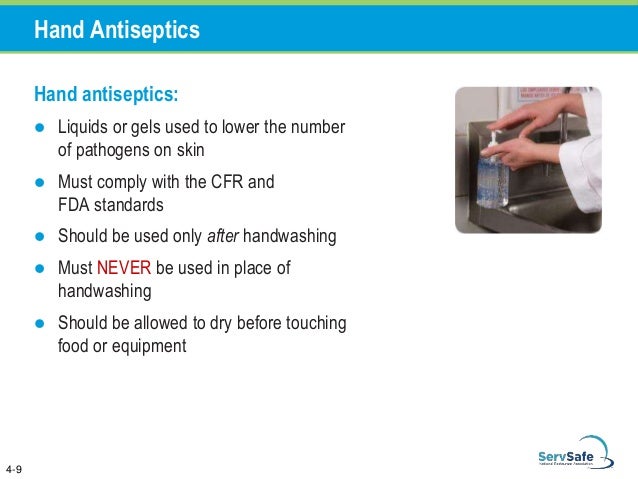
Chapter 4 The Safe Food Handler
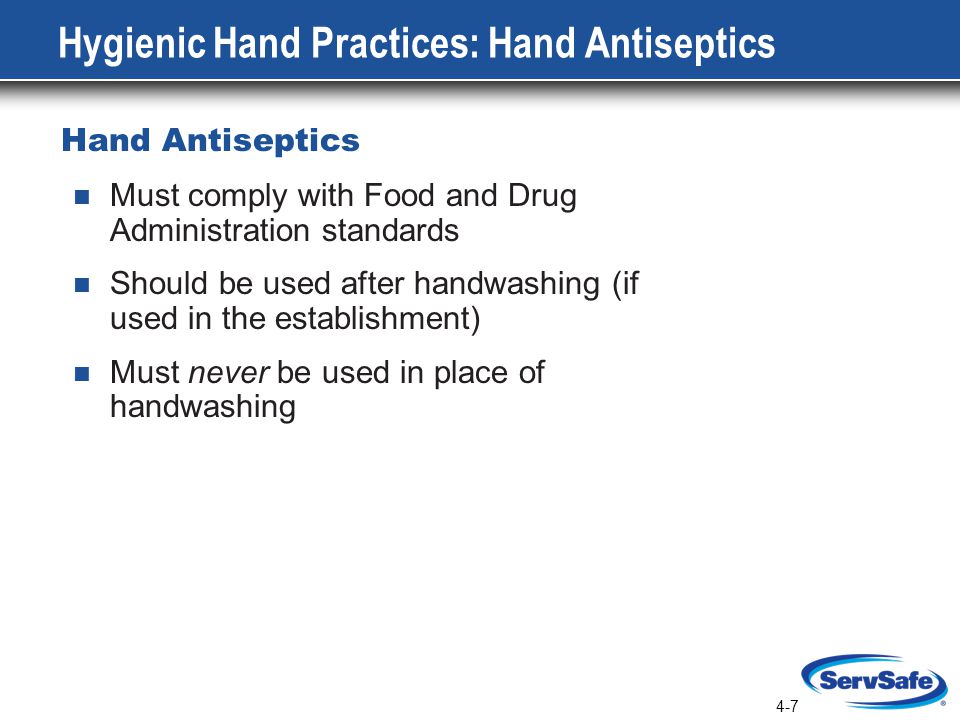
The Safe Foodhandler Instructor Notes - ppt video online download
When should hand antiseptics be used? Need and benefits | IDM Blog

2: Common antiseptics and disinfectants | Download Table

When is wound cleansing necessary and what solution should be used? | Nursing Times
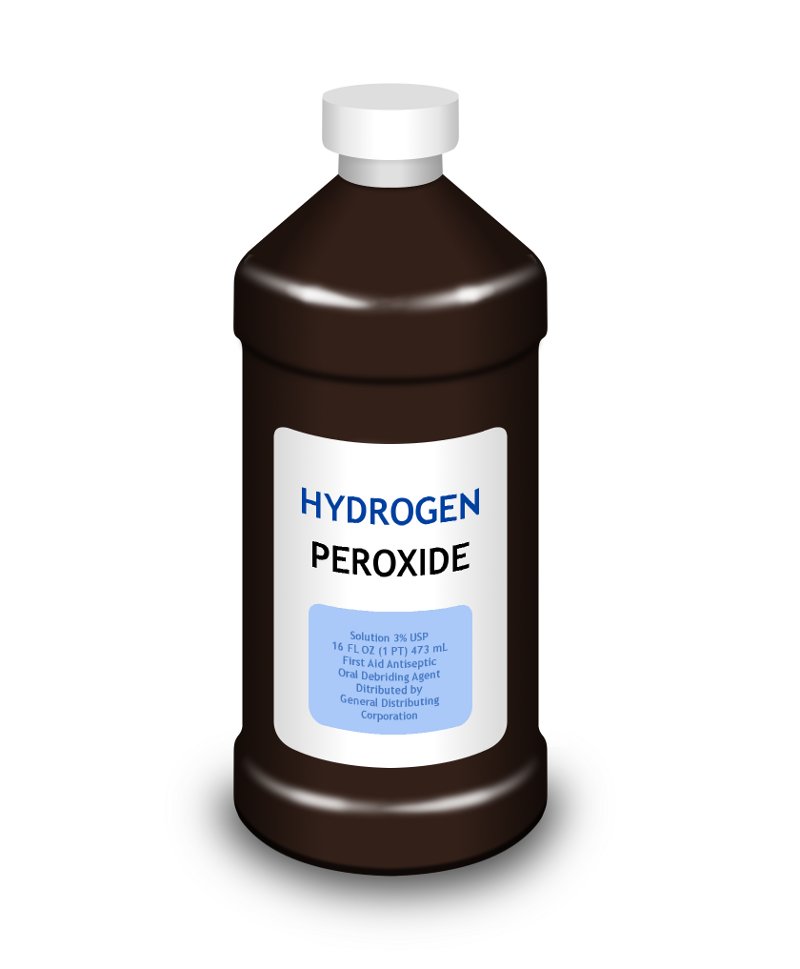
How often should hydrogen peroxide be used to treat wounds? | Science Questions with Surprising Answers
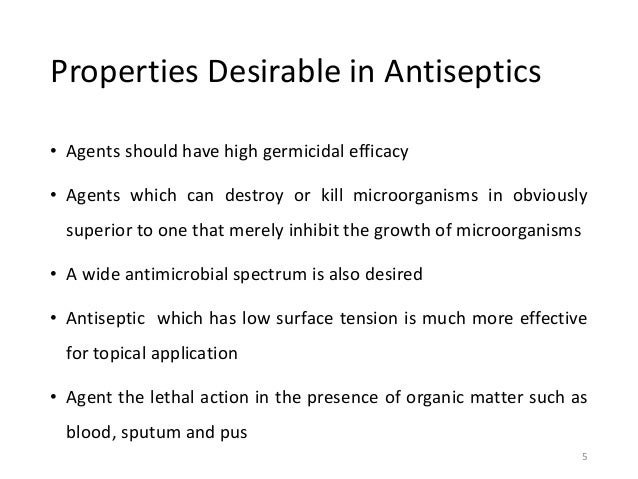
Antiseptics used in dentistry
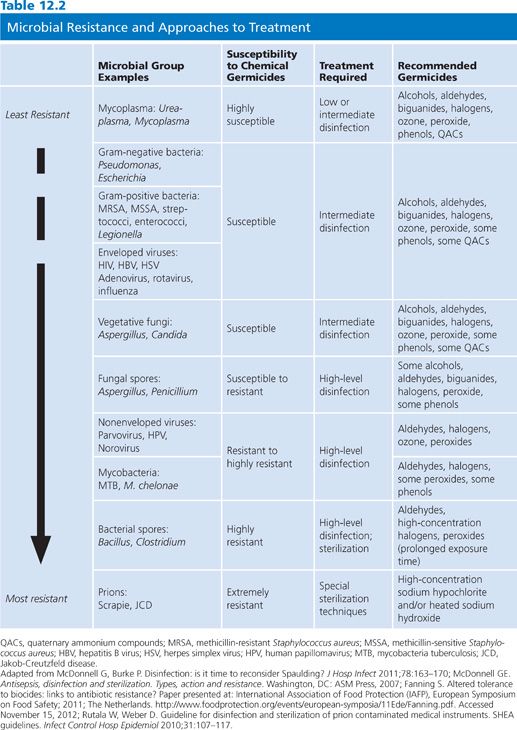
Disinfectants and Antiseptics: Modes of Action, Mechanisms of Resistance, and Testing Regimens | Basicmedical Key

USFDA Ban 24 Active Ingredients, Antiseptic Washes, Soaps, Healthcare
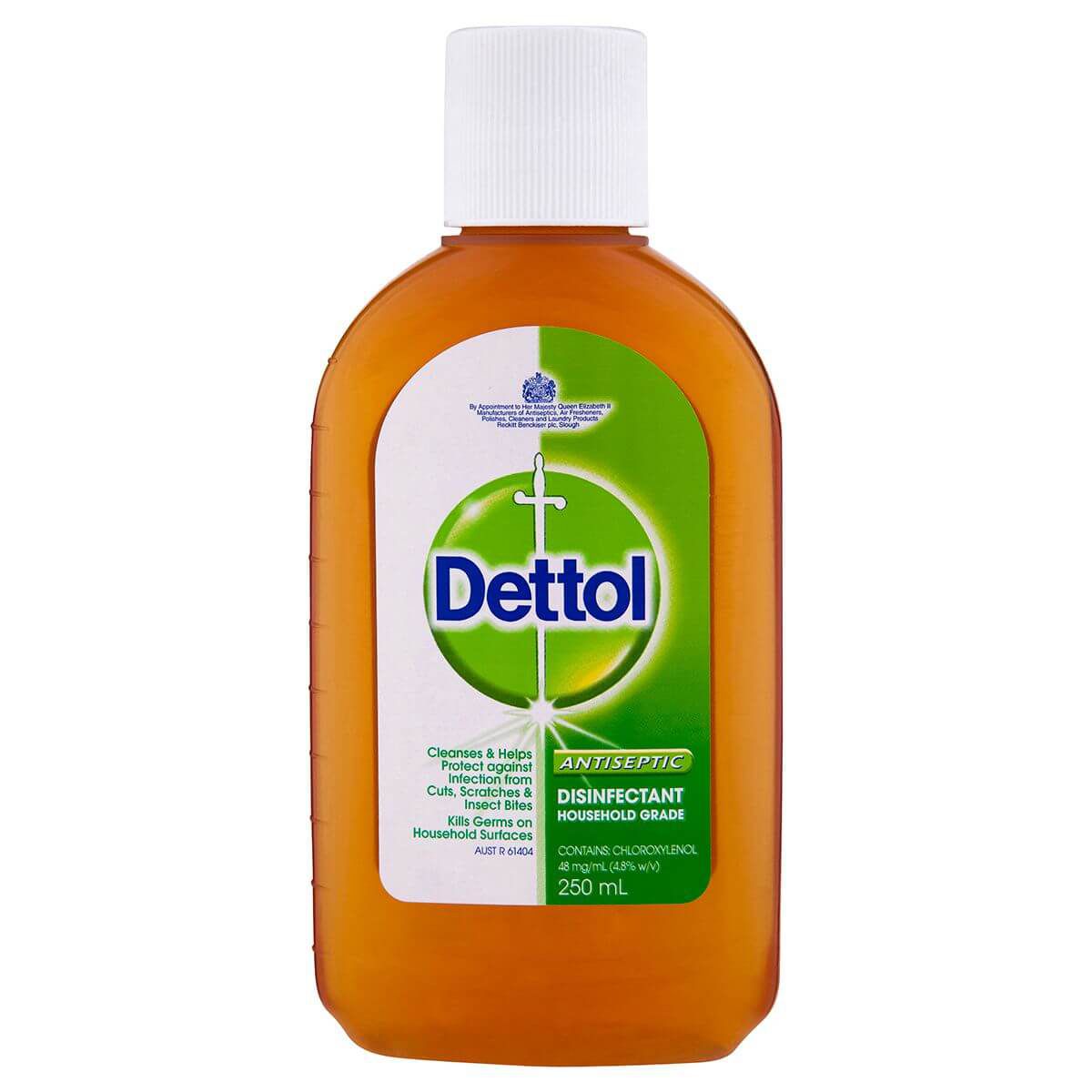
Dettol Classic Antiseptic Liquid 250ml
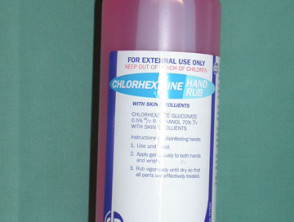
Antiseptic | DermNet NZ

Disinfectants and Antiseptics - Antibiotics in Laboratory Medicine, 6 Ed.

BETADINE®, Antiseptic Solution 30ml | Watsons Singapore

Surgical Skin Preparation - Best Practice Protocol for Veterinary Nurses | Australian College of Veterinary Nursing
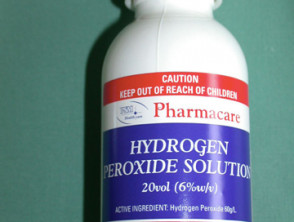
Antiseptic | DermNet NZ

Antiseptics on Wounds: An Area of Controversy (PART ONE) | Wounds Research
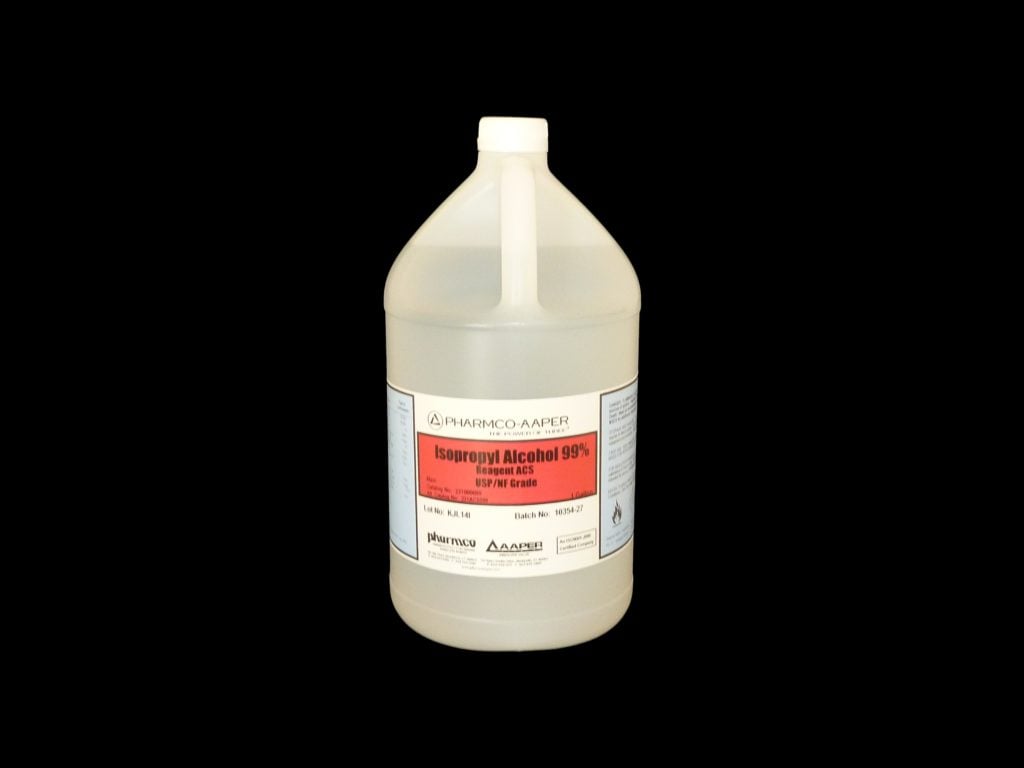
Why Is 70% Isopropyl Alcohol (IPA) a Better Disinfectant than 99% Isopropanol, and What Is IPA Used For?
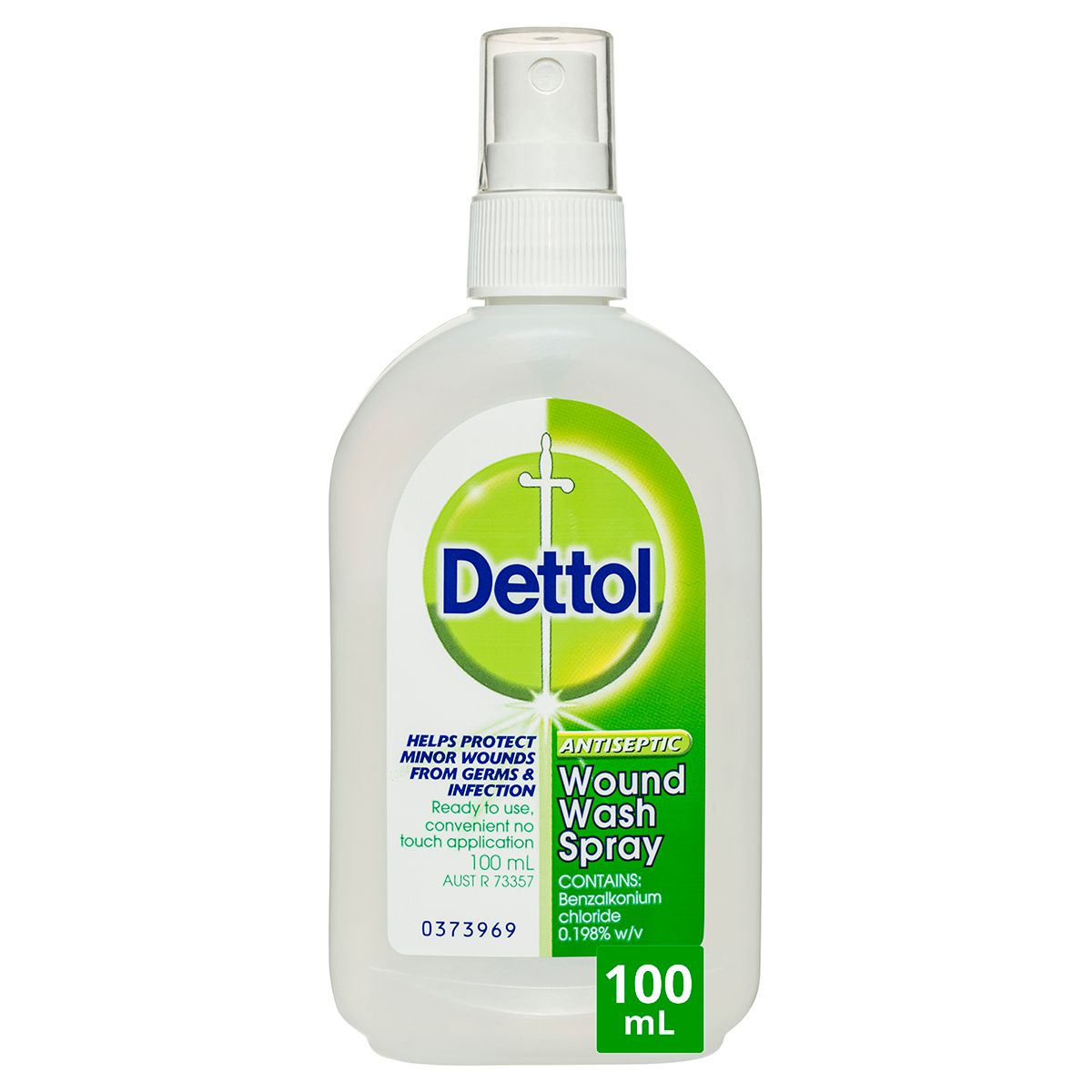
Dettol Antiseptic Wound Wash Spray 100mL

Disinfectants and Antiseptics - Antibiotics in Laboratory Medicine, 6 Ed.
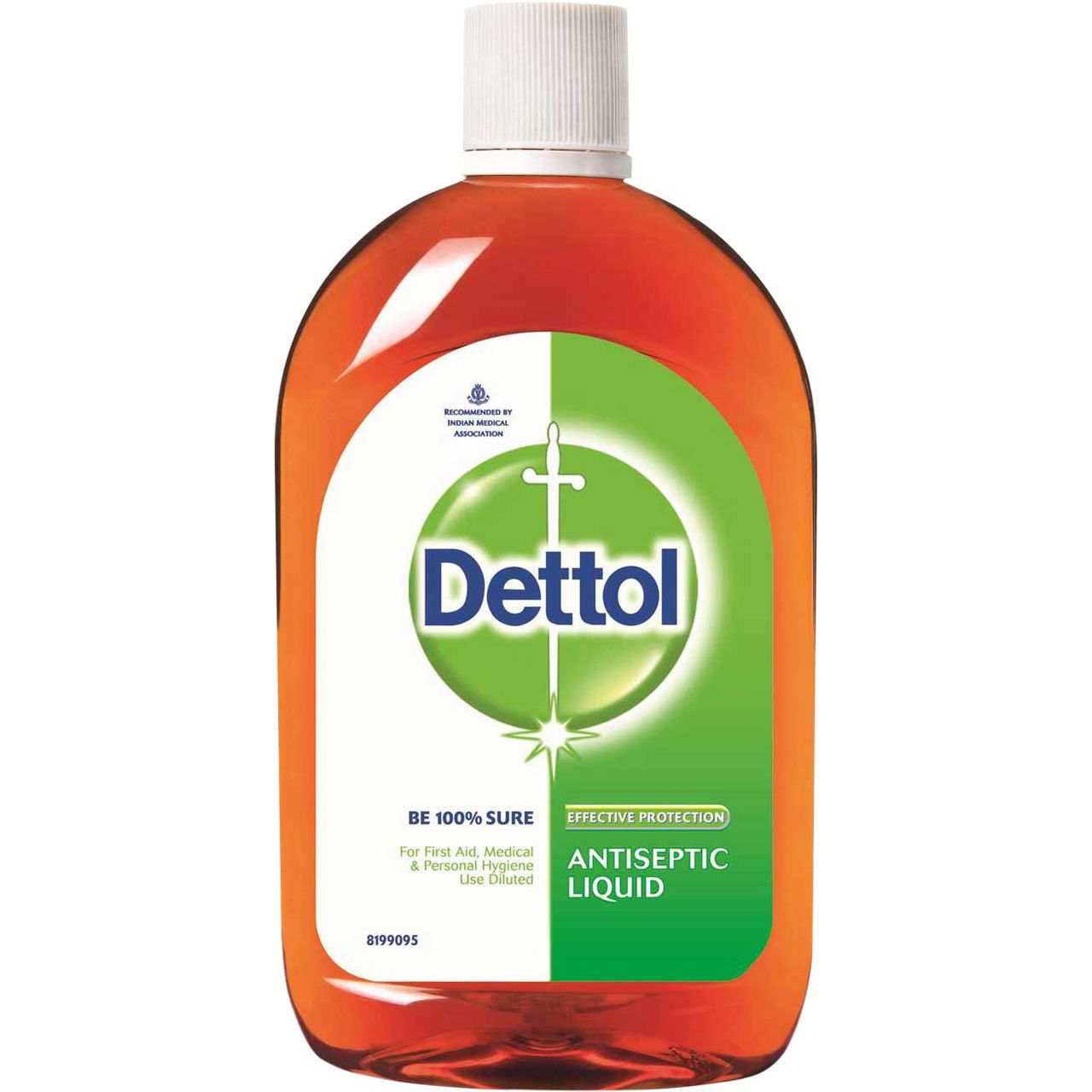
Antiseptic Liquid, Antiseptic Lotion | Dettol

Disinfectant vs. Antiseptic: Life-saving Differences To Learn About - Dictionary.com
13: Hand Antiseptics

How to Use Povidone Iodine (Betadine) as an Antiseptic | Inside First Aid
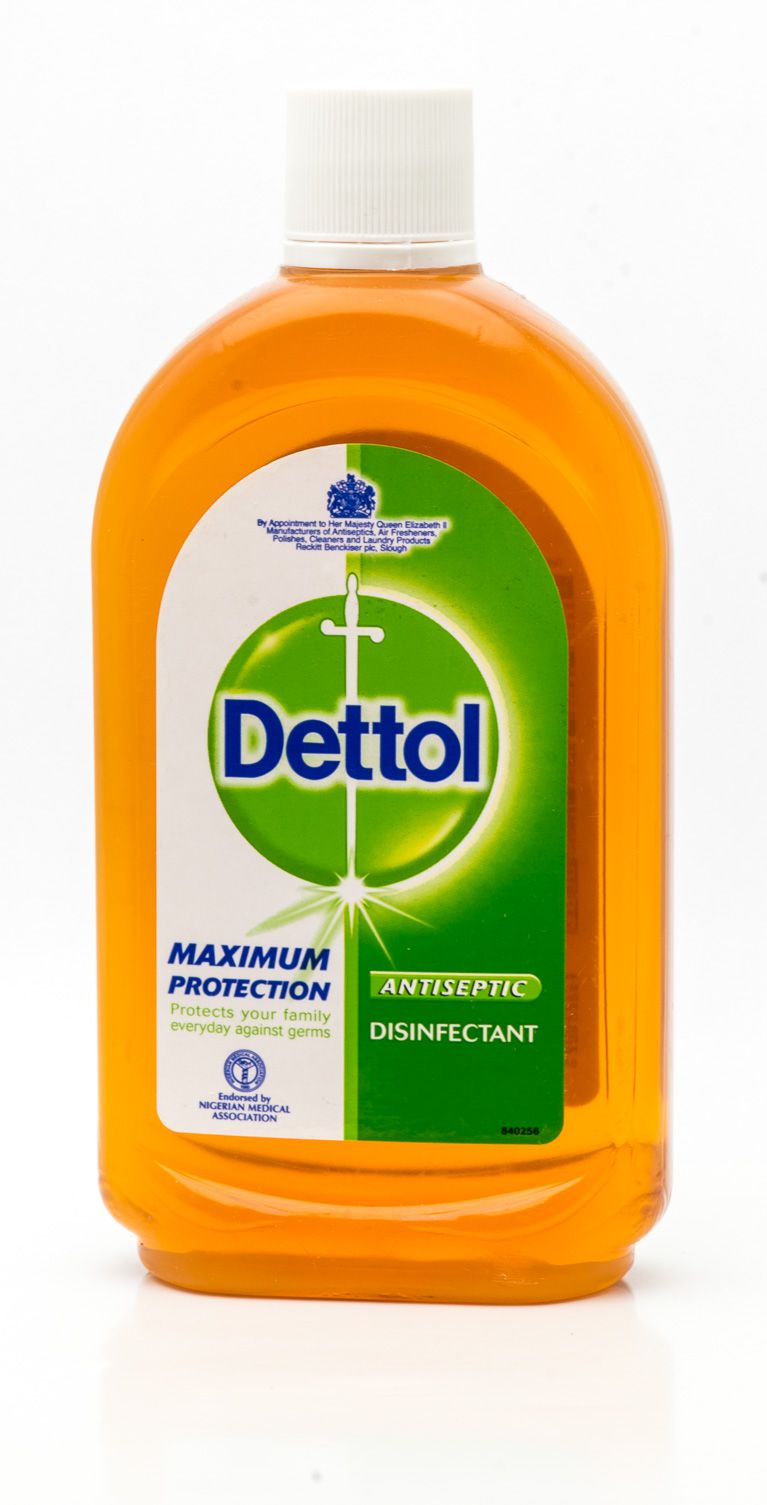
Dettol Antiseptic Disinfectant Liquid | Dettol
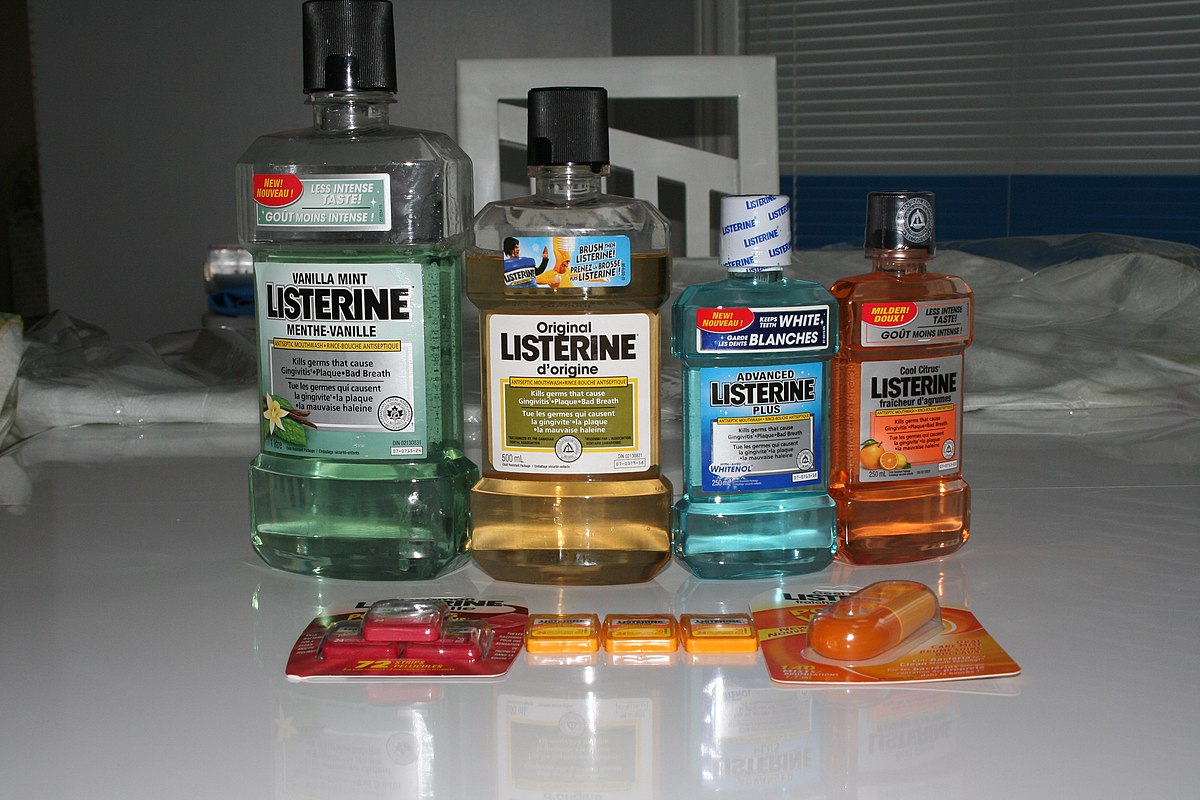
Mouthwash - Wikipedia

Antiseptic: Types, uses, safety, and precautions

Topical Antiseptic Products: Hand Sanitizers and Antibacterial Soaps | FDA
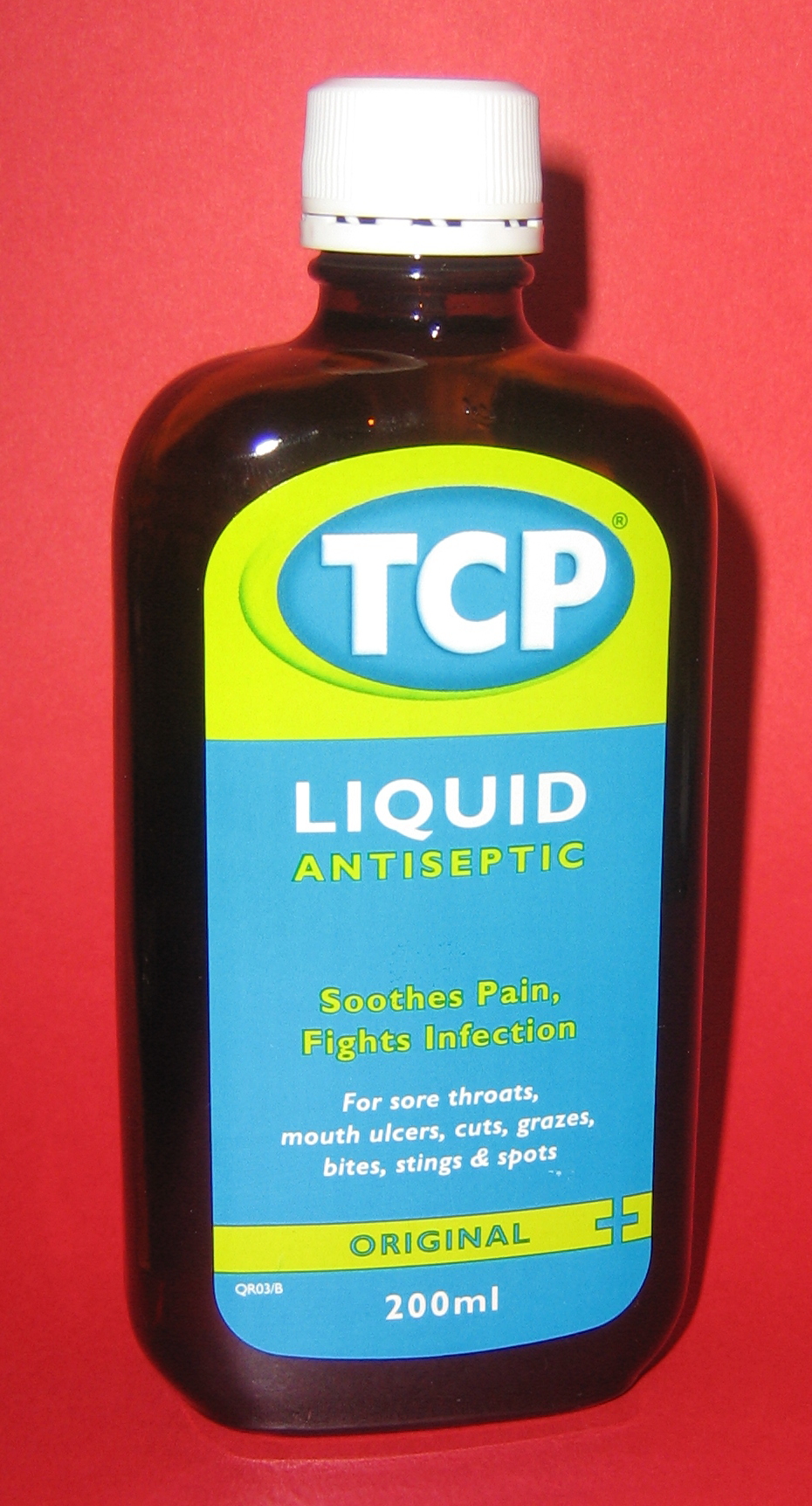
TCP (antiseptic) - Wikipedia

Guide Health: Antiseptics and disinfectants | Country Guide
BETADINE Malaysia | Wound Care
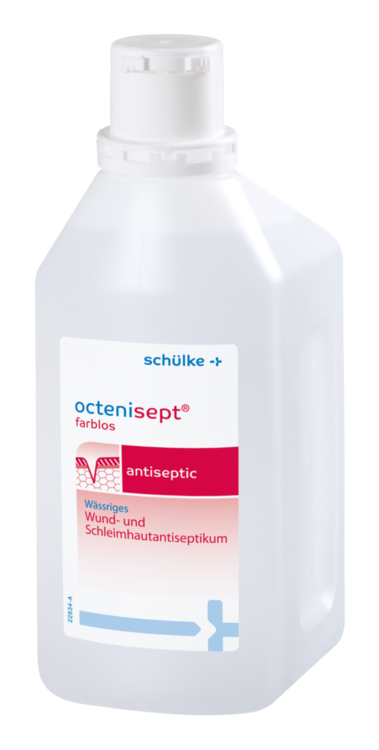
octenisept® - Schülke & Mayr GmbH
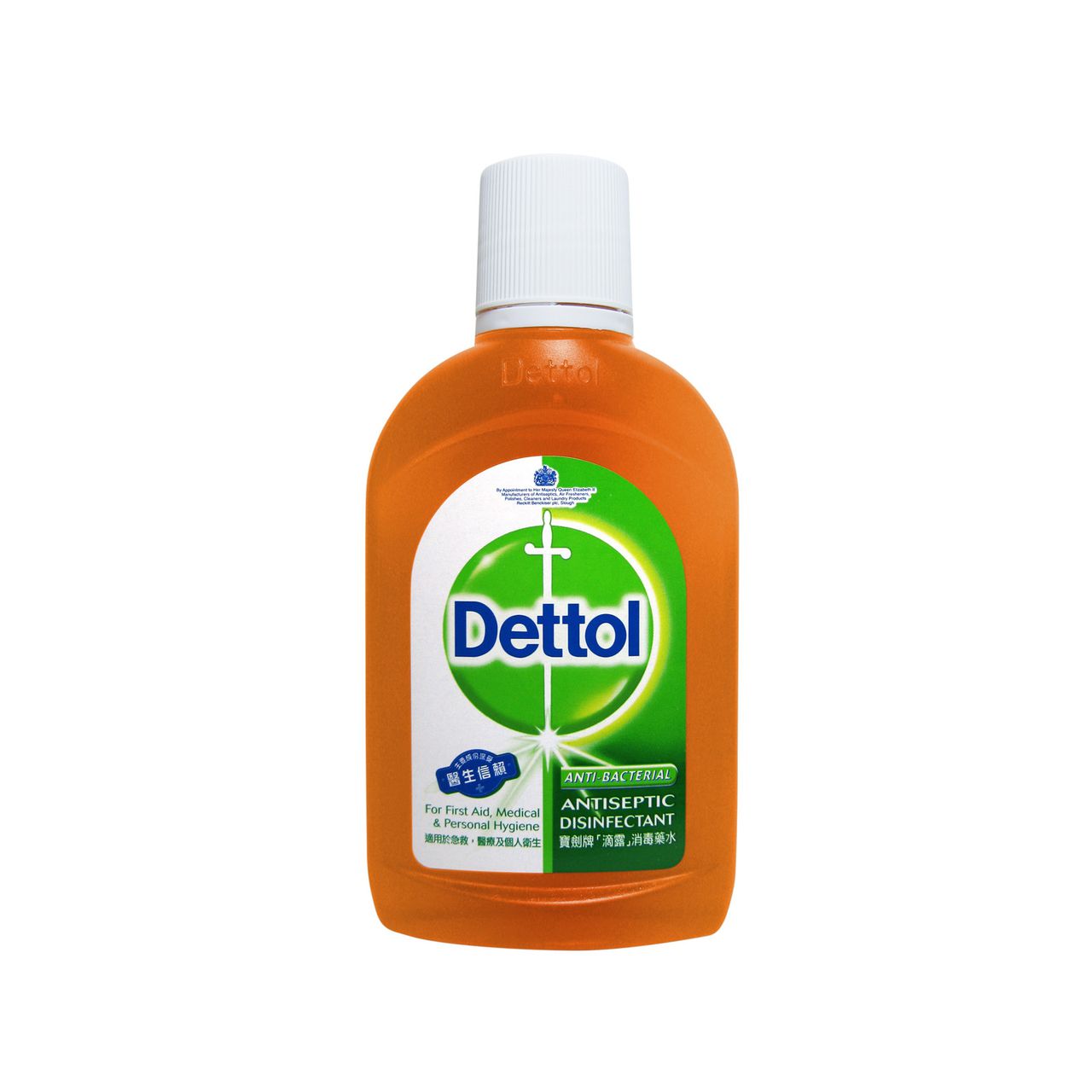
Dettol Antiseptic Liquid for Medical or Personal Use
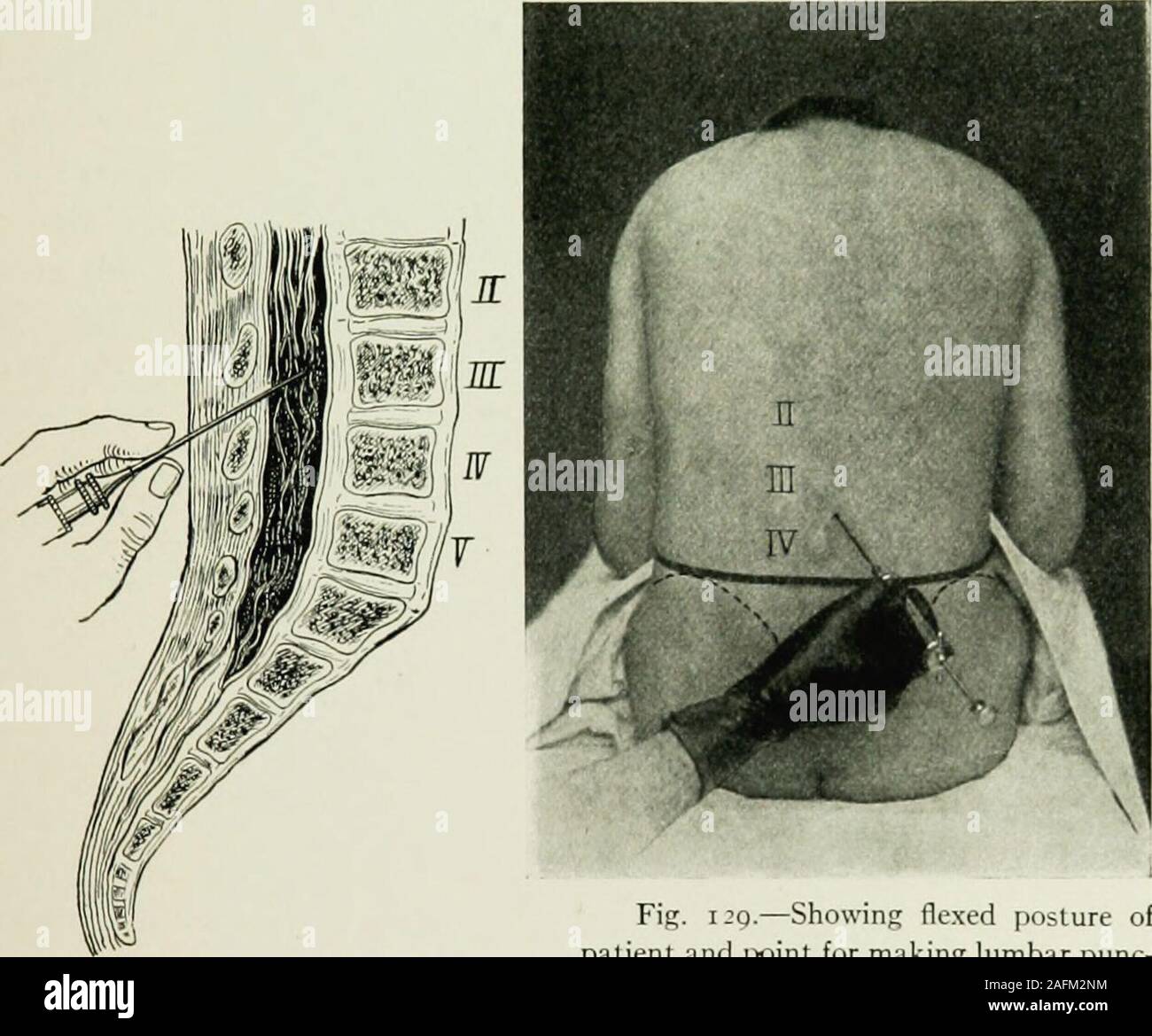
Local and regional anesthesia : with chapters on spinal, epidural, paravertebral, and parasacral analgesia, and on other applications of local and regional anesthesia to the surgery of the eye, ear, nose
Antiseptics and disinfectants

Antibiotics and antiseptics for wounds: evidence and ignorance - Evidently Cochrane
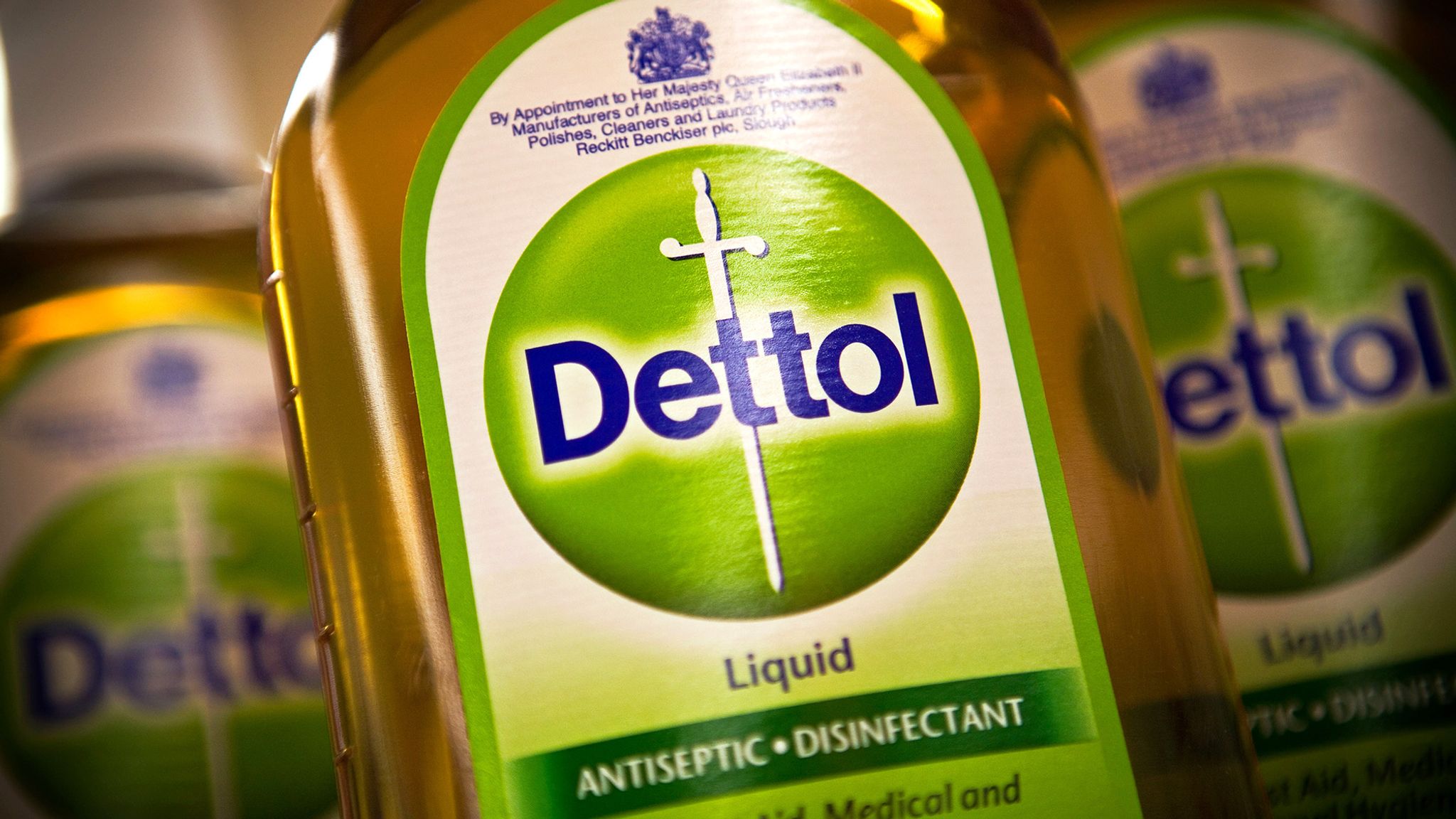
Coronavirus: Dettol maker says disinfectant should not be ingested 'under any circumstances' | US News | Sky News

Antiseptics and Disinfectants - Definition, Types, Difference
Posting Komentar untuk "when should antiseptics be used"